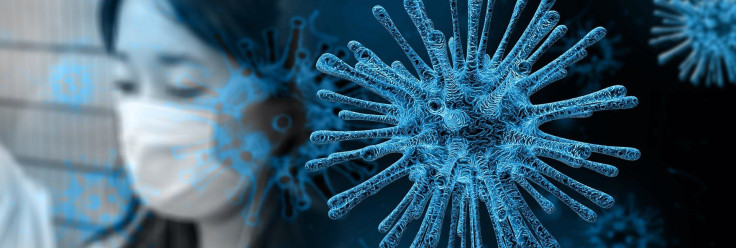What Is Hydroxychloroquine? FDA Testing Malaria Drug As Possible Treatment For COVID-19

KEY POINTS
- Hydroxychloroquine is one of several drugs being tested by the FDA as a possible treatment for COVID-19
- It is a drug first approved by the FDA over 50 years ago as a treatment for malaria and rheumatoid arthritis
- Dr. David Agus encouraged anyone who tests positive for COVID-19 to discuss a possible prescription for hydroxychloroquine
The Food and Drug Administration worked Friday to make hydroxychloroquine, which is used to treat malaria, available to COVID-19 patients as a possible treatment.
President Trump first mentioned it during a press briefing Thursday as part of a daily update from his coronavirus task force. He said he told the FDA to “cut red tape” to find a viable treatment for COVID-19.
“We are looking at everything that comes across our desks as possible treatments for the coronavirus,” FDA Commissioner Stephen Hahn told reporters. One of the drugs being tested was hydroxychloroquine after it was found it may be a viable prescription.
But what is hydroxychloroquine?
The Center for Disease Control describes hydroxychloroquine, or hydroxychloroquine sulfate, as a medication that can be used against malaria and select auto-immune diseases, including rheumatoid arthritis and lupus. It is especially helpful in combating skin-related symptoms and swelling that can occur from malaria or arthritis, but also treats other symptoms like fever and headaches.
It was first approved by the FDA more than 50 years ago and is only available by prescription in the U.S. as either a generic drug or under the brand name Plaquenil. Side effects of the drug typically include stomach pain, nausea, vomiting and headache.
Dr. David Agus spoke about the benefits of hydroxychloroquine during an appearance on CBS Evening News Thursday.
“Hydroxychloroquine is used for malaria and rheumatoid arthritis and it works by two mechanisms,” Dr. Agus said. “One is it blocks virus. And the second is it tempers down inflammation, both of which play a role probably in how it's benefiting patients with COVID-19.”
He continued by saying anyone thatthose who test positive should talk to their doctor about the possibility of a prescription, especially if they are older.
“This drug is hope personified to every person with disease, especially the people who are higher risk or elderly,” Agus said.
© Copyright IBTimes 2025. All rights reserved.





















